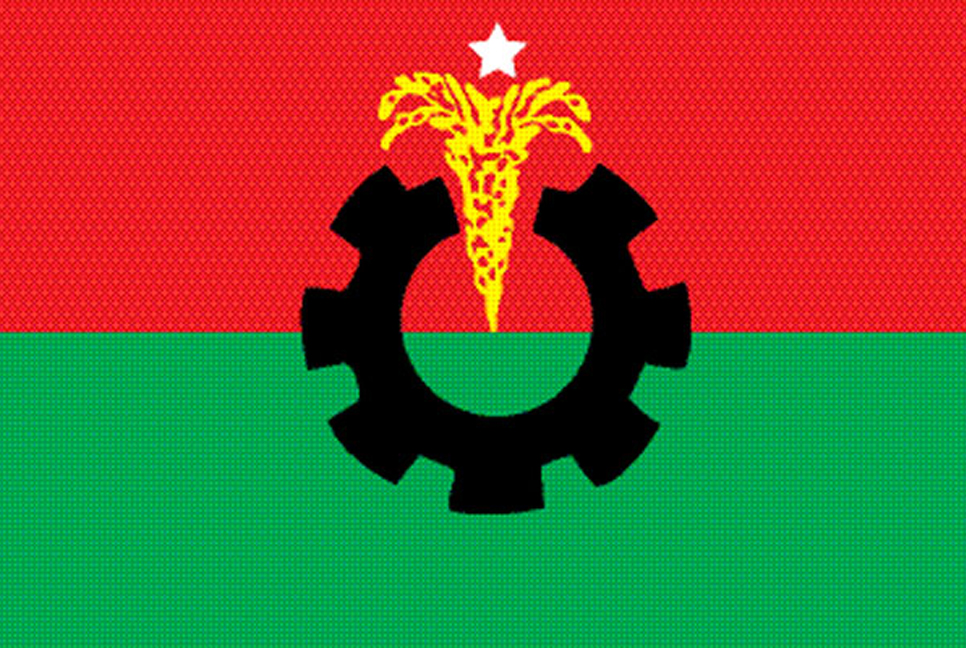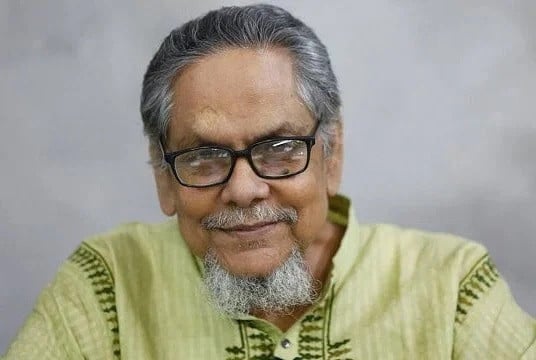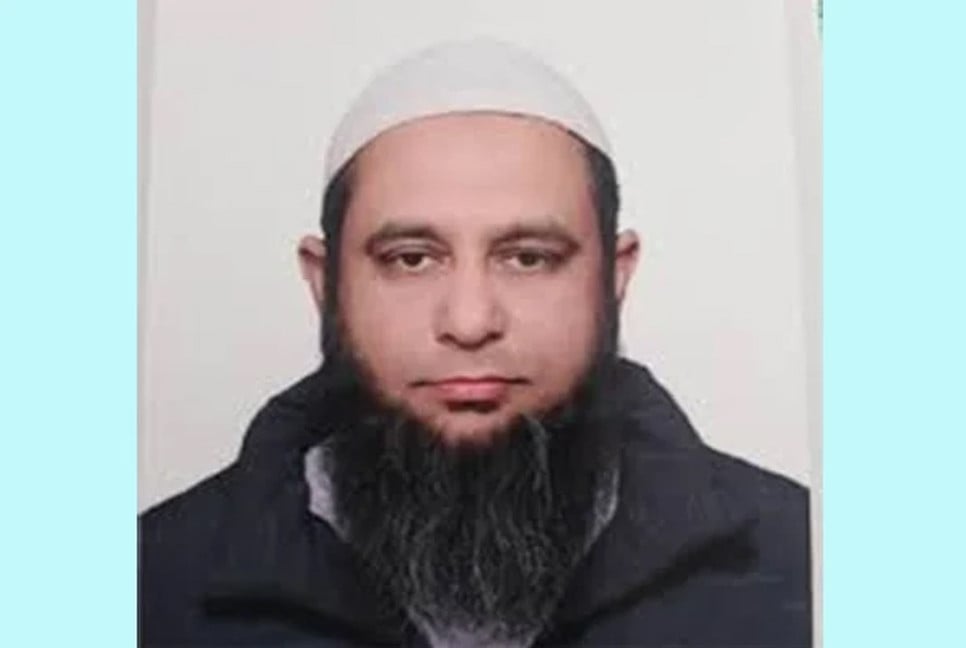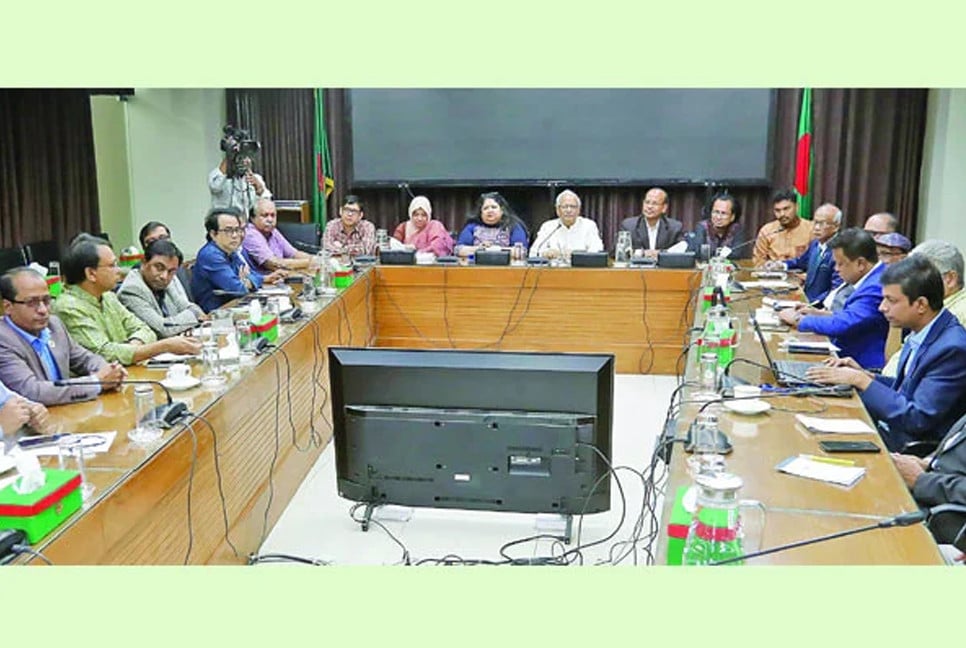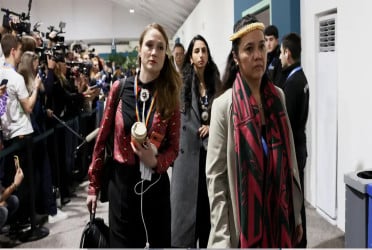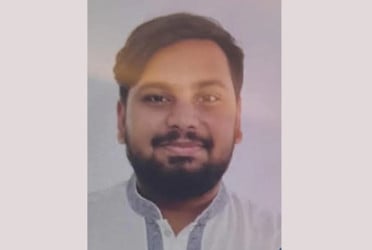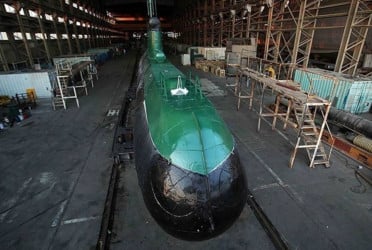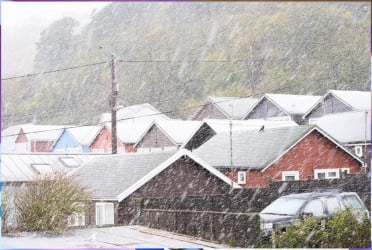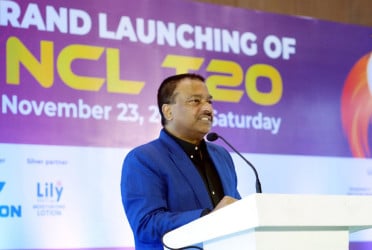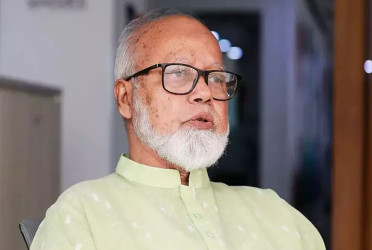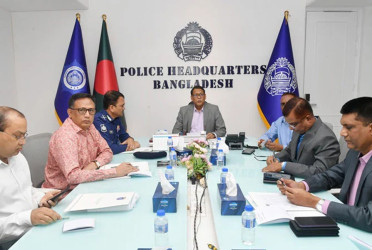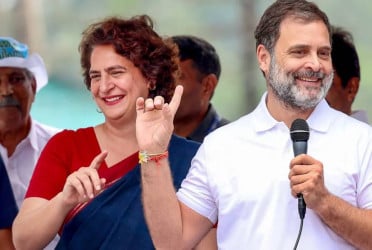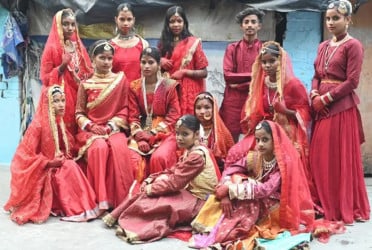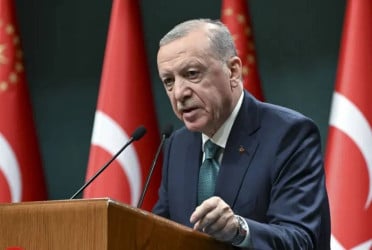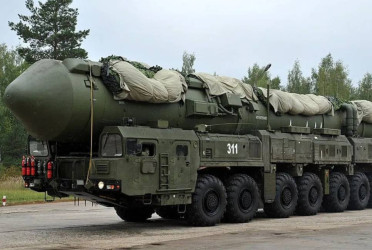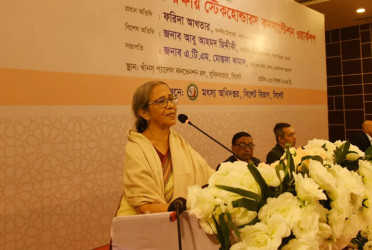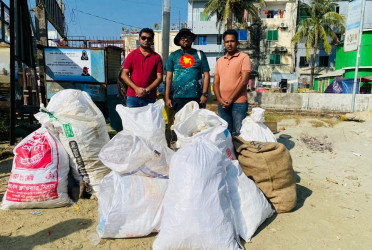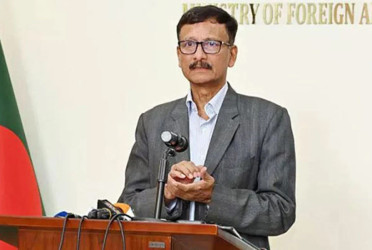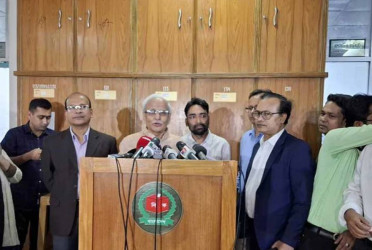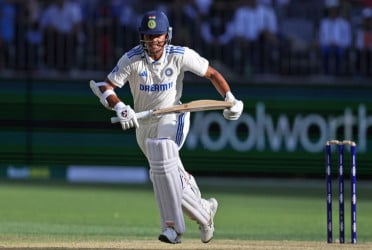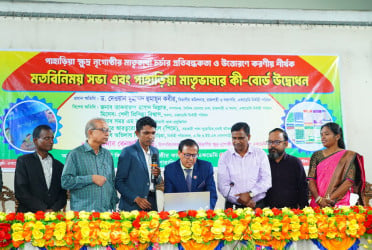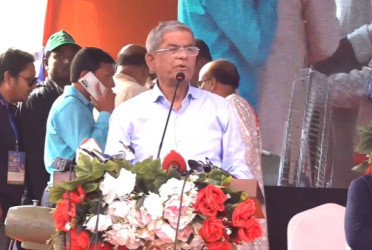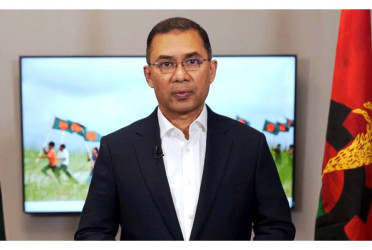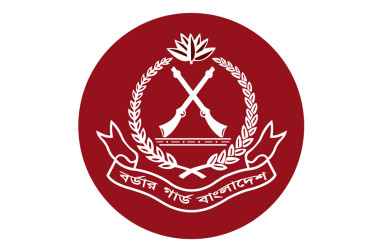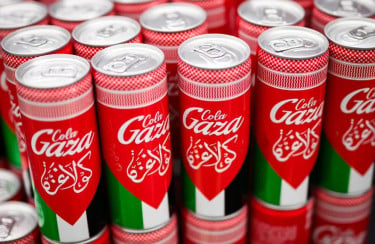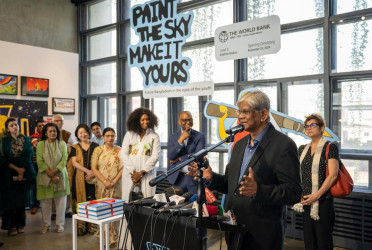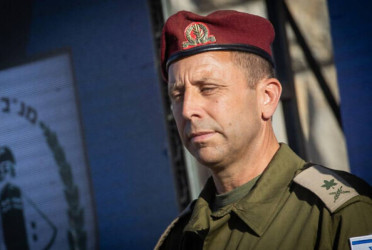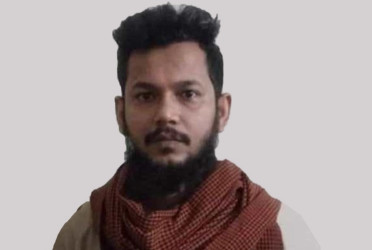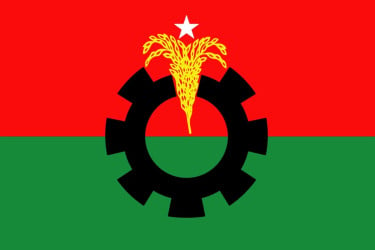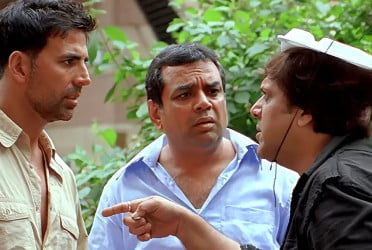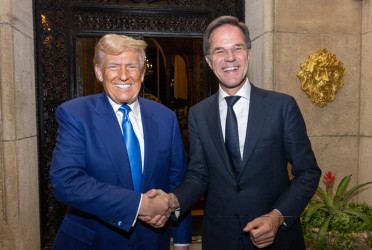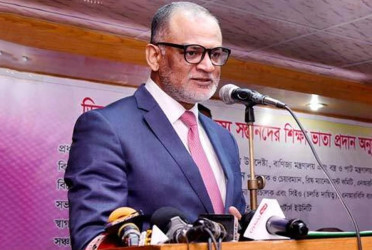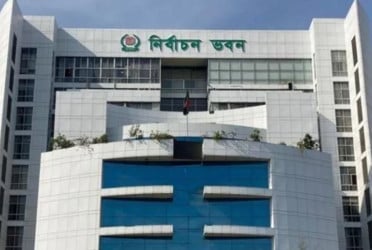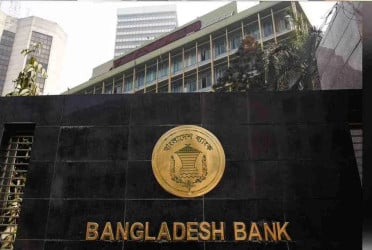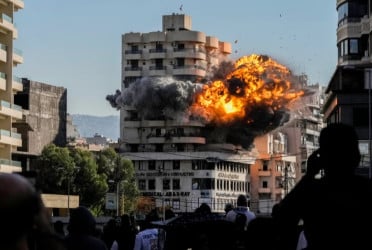In anticipation of the upcoming national parliamentary elections, the Bangladesh Nationalist Party (BNP) finds itself torn between dual commitments.
One faction insists on participating in the elections, asserting that electoral engagement is essential to address the shortcomings of the weakened party. They believe that through active participation, they can confront and overcome the challenges faced. They emphasize the power of dialogue as a means to resolve issues and highlight the importance of engaging in the electoral process.
However, a significant portion of the party remains deeply skeptical about venturing into elections under the current government's rule. According to them, there is no scenario under which they can participate in an election held under this government. Their stance revolves around a sequence of events, starting with the resignation of the current administration and the transfer of power to an impartial caretaker government. Only after this transition, they propose, can a new Election Commission be established to oversee the election. To amplify their demands, they have taken to the streets, organizing rallies and demonstrations.
Despite the ongoing protests, the BNP is meticulously preparing for the impending national elections. It has even established a committee of three high-ranking members to craft a blueprint for a possible alternative caretaker government should the current administration be ousted. This underlines the party's determination to ensure comprehensive and seamless governance during the transitional phase.
Internal dynamics within the party reveal some leaders who seem to prioritize factional interests over party unity and decisions. To counter this, the high command has issued firm directives, even extending control over the party's presence in media talk shows to maintain a consistent narrative.
Talking to Bangladesh Pratidin, Mirza Fakhrul Islam Alamgir, the General Secretary of the BNP, asserts, "We are never against voting. BNP is an election-oriented democratic political party."
He clarifies that BNP is not advocating for participation in elections held under an authoritarian or fascist government, but rather under an impartial and non-partisan administration that can ensure a fair electoral process. He confidently affirms that the victory of the people is inevitable.
He reiterates, "No conspiracy can be successful. Through the people's movement, we will bid farewell to this illegal government and restore democracy through a flawless, participatory, and credible election."
Mirza Fakhrul emphasizes that the focus is not solely on BNP's interests, but on the demands of the entire nation, and he envisions the establishment of an unbiased caretaker government and the formation of a National Consensus Commission to ensure a smooth transition and a fair election.
As the countdown to the 12th National Parliament Election continues, the BNP, along with 36 allied parties under various alliances, is working actively. They have mobilized a massive gathering in Dhaka to uphold their demands.
Amir Khasru Mahmud Chowdhury, standing committee member of BNP told Bangladesh Pratidin, the demand for a national election under a neutral non-partisan government is not just BNP's, but the entire nation's. This demand applies to all democratic parties and organizations. As a democratic political party, BNP consistently believes in elections and the power of people's votes. The party is engaged in a movement to restore the rights of those votes. There is no doubt that BNP is committed to participating in a fair and credible election. If a neutral and non-partisan government is established today, BNP is prepared to participate in the election tomorrow. BNP is ready at any moment for a credible election under an impartial administration.
The party is simultaneously conducting a movement for a national election and preparing for participation in the election under the auspices of a non-partisan government. Through various channels, BNP actively searching for potential candidates, selecting two candidates for each constituency. The acting Chairman of the party, Tarique Rahman, has initiated virtual discussions with these potential candidates, alongside gathering news from various sources. At the initial stage, in every parliamentary seat, the party is compiling a list of aspiring candidates, formulating party agendas, and providing directions for their activities within their respective regions.
Reliable sources reveal that BNP has now embarked on the election "Masterplan," and under the demand of a neutral non-partisan government, the party has already announced a 31-point program for the ongoing movement and post-election responsibilities.
In the context of the upcoming 12th National Parliament Election, the announced "Framework for State Restoration" outlines the empowerment and parity of authority between the President and the Prime Minister, the practice of a bicameral parliament, the inclusion of a participatory and unbiased "Rainbow Nation" based on Bangladeshi nationalism, the formation of a National Accord Commission, the repeal of contentious amendments, and the restoration of a caretaker government system, among various other promises.
As part of the movement, the BNP is actively engaged in four platforms along with 37 other like-minded parties. Prior to this, on July 12th, through a united gathering in Dhaka, 36 parties declared a joint action plan for the fall of the government.
Due to the inclusion of Barrister Andaleeve Rahman Partho’s Bangladesh Jatiya Party (BJP), the alliance has now expanded to 37 parties. They have formed separate platforms on four fronts and are following distinct agendas while remaining united with the BNP.
@The report was published in Bengali on print and online versions of The Bangladesh Pratidin on August 9 and rewritten in English by Tanvir Raihan.

